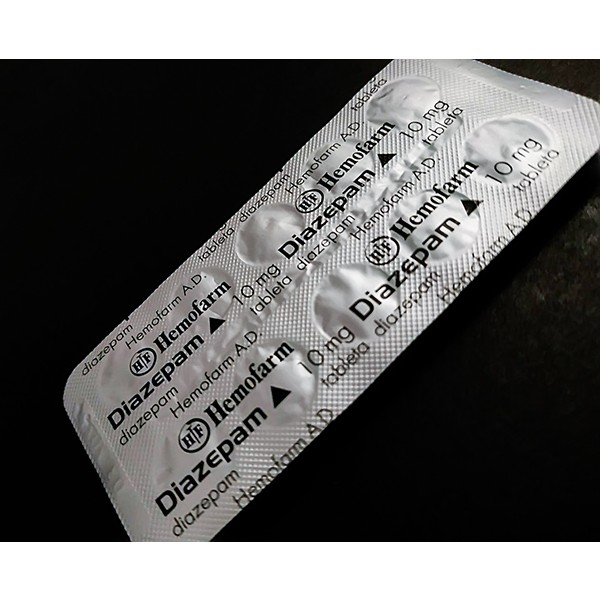
Benzos also lower blood pressure and core body temperature. Knowing what happens on various body systems as a result of a benzodiazepine overdose is important to prevent such an occurrence to begin with, as well as helping to avoid a future benzo overdose.īenzodiazepines, as well as opiates, slow down body systems, particularly the cardiovascular and respiratory systems. During a benzo overdose, vital bodily functions slow to dangerous levels, precipitating a cascade of events that could result in death. The chief appeal of benzos prescribed for sleep and anxiety disorders is their ability to affect the brain’s neurotransmitter gamma-aminobutyric acid (GABA), slowing down brain activity and producing calmness and drowsiness. Understanding the Mechanisms of Benzo OverdoseĪn overdose of benzodiazepines causes central nervous system (CNS) depression. Other common signs of a benzodiazepine overdose include:

Look for signs of confusion and speech that is slurred.

The person may be difficult to rouse, have trouble standing up or fall repeatedly. How do you know someone is experiencing a benzodiazepine overdose? The most telling sign of benzo overdose is excessive sleepiness or drowsiness. Immediate emergency help is necessary to combat a benzo overdose. When someone goes into benzo overdose, their vital signs and functions plummet, which may be life-threatening.



 0 kommentar(er)
0 kommentar(er)
